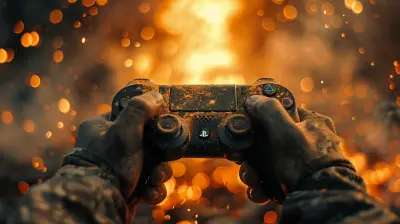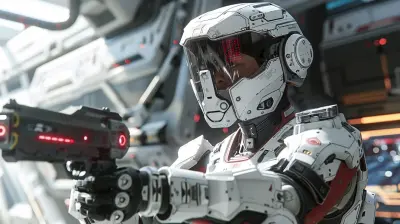What the Final Chapter of Oxenfree Says About Choice and Reality
25 August 2025
If you’ve ever played Oxenfree, you already know it’s not just another teen mystery game with spooky vibes. It’s a mind-bending adventure through time, choice, and human connection—wrapped up in radio static and ghostly glitches. But let’s talk about the real kicker—the final chapter. If you're like most players, you probably sat there staring at the screen afterward, asking yourself: "Wait, what just happened?"
That’s the beauty of Oxenfree—especially its ending. That final chapter isn’t just a finale; it’s a mirror reflecting back our decisions, highlighting the blurry line between reality and illusion. Curious what all of that means? Let’s unpack it together.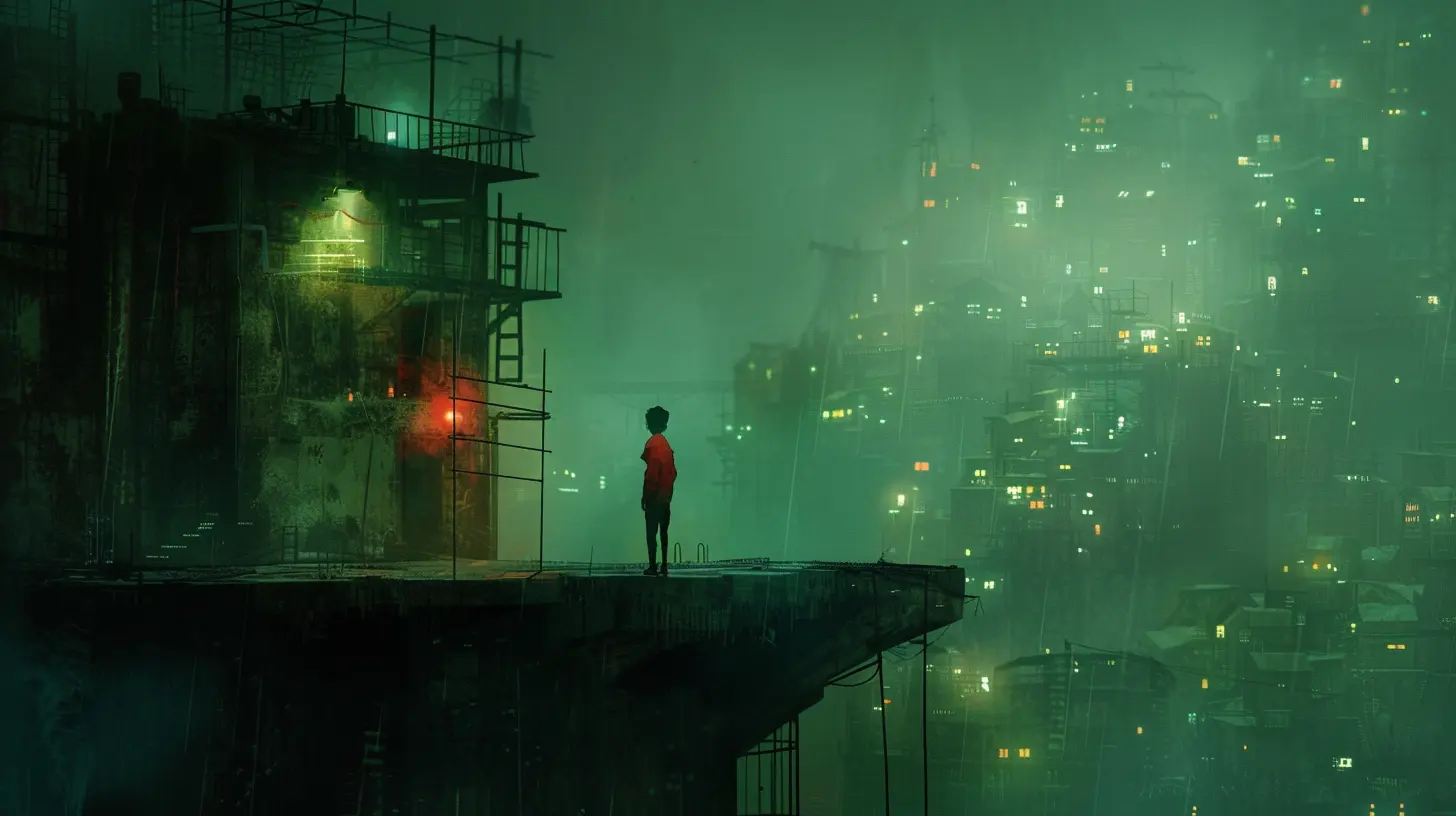
The Power of Choice in Oxenfree: More Than Good or Bad
We’ve all played games where choice matters, right? You pick option A for heroism, B for chaos. Boom—done. Not in Oxenfree.From the very beginning, the game places you in situations that feel natural. You're not choosing between saving the world or destroying it—you’re deciding whether to comfort a grieving friend or ignore them. Whether to open up or shut down.
These choices might seem small in the moment, but by the final chapter, you begin to see how they’ve rippled forward. Every sarcastic reply, every compassionate moment—it echoes.
Now here’s the real twist: Oxenfree doesn’t just track your choices. It makes you feel them. You’re not scoring morality points. You’re shaping relationships, memories, and even time itself.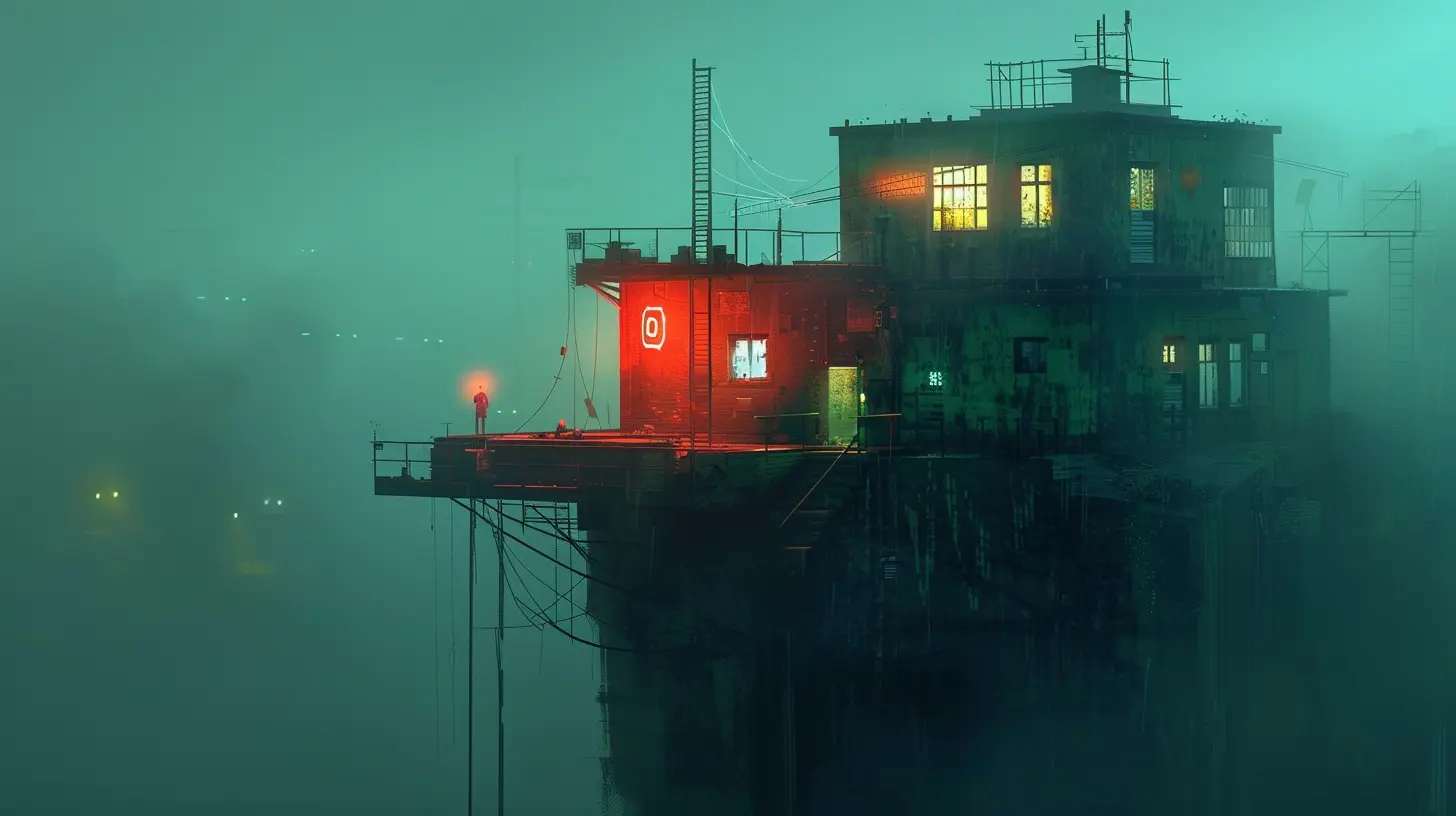
Reality Is Slippery in Edwards Island
You know that weird feeling when you wake up from a dream and, for a second, you're not sure what's real? Oxenfree lives in that space.Throughout the game, you experience time loops, ghostly visions, and alternate realities. But those aren’t just cool effects—they’re metaphors. They represent how trauma and memory distort reality. The game’s haunting setting on Edwards Island acts as a character in itself—a place where time stands still and nothing is quite what it seems.
By the final chapter, the question isn't just "What’s happening?" It becomes "What’s real?" And even more importantly, "What matters?"
That’s where the game gets deep.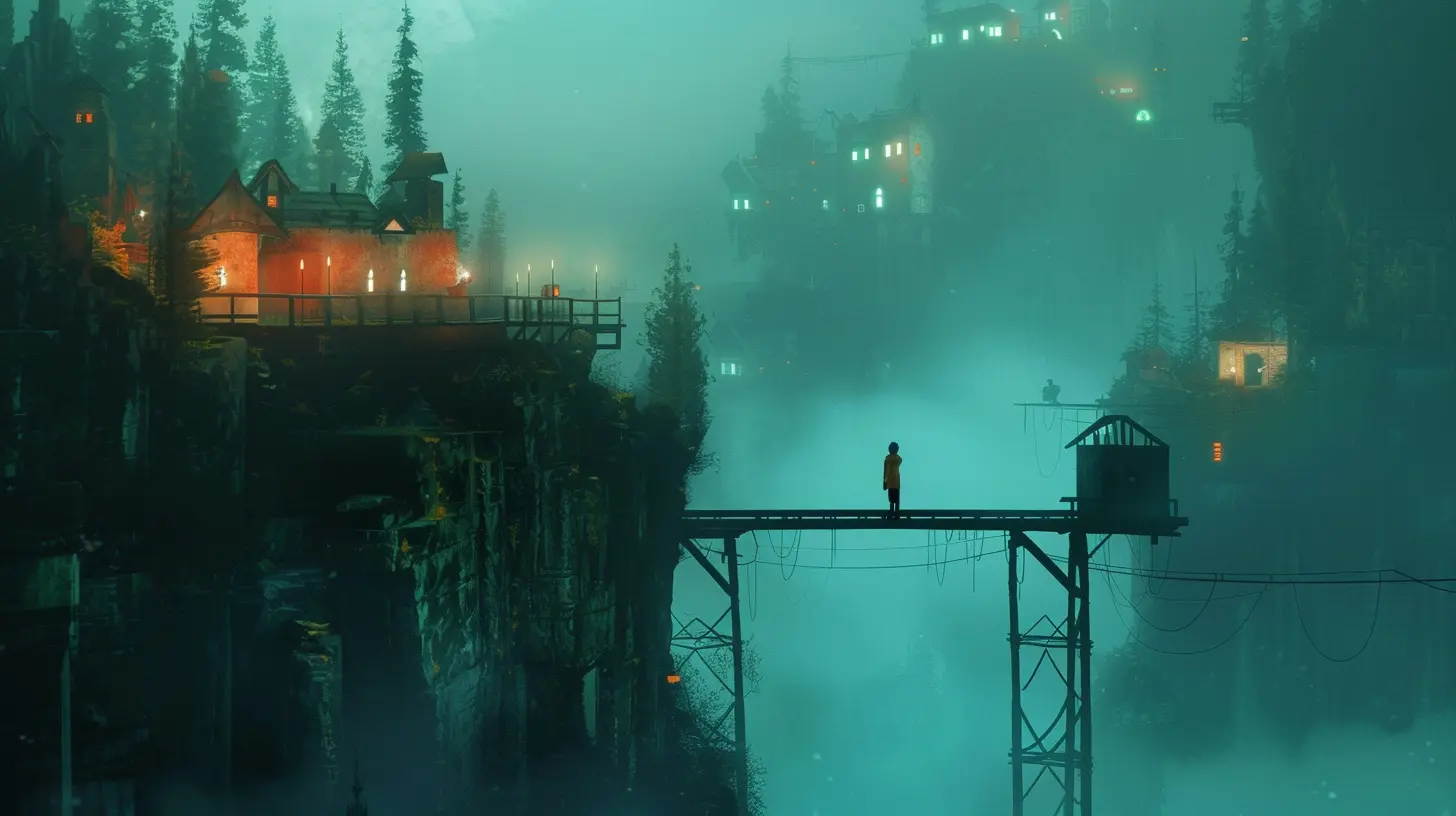
The Emotional Crown Jewel: That Ending
We won’t spoil every detail (because come on, you’ve gotta experience it), but the final chapter delivers a powerful gut punch.You realize that your time on the island hasn’t just affected you—it’s left its mark on everyone. The relationships you forged, the truths you uncovered, even the lies you might have told—they all come crashing down in a moment of clarity. The game reminds you that every choice led here.
In some endings, characters get a second chance. In others, they’re stuck in a loop. In the best ones? Closure, love, and growth. But none of it feels forced. Instead, it feels earned—because you were in the driver’s seat the whole time.
What If You Could Go Back? The Illusion of Do-Overs
Time loops are a huge mechanic in the game, right? They’re also a massive metaphor.Think about your own life for a second. Ever had a moment you wish you could relive? A conversation you’d handle differently? Oxenfree gives you that exact chance—on repeat. You get to redo conversations, events, even major conflicts.
But here’s the twist: even when you go back, things never play out exactly the same. Why? Because change isn’t just about time. It’s about growth.
The final chapter makes that crystal clear. It gently nudges you to ask: “Would doing things over really fix them? Or do I just need to accept, learn, and move on?”
That’s not just good game design. That’s life advice.
Friendship at the Heart of It All
At its core, Oxenfree is a story about people. Not superheroes or villains. Just friends, family, and the mess that comes with loving each other.In the final chapter, your relationships with the other characters—Ren, Nona, Jonas, and Clarissa—reach their highest or lowest points. That’s where your choices truly echo.
Maybe you mended broken friendships. Maybe you deepened bonds. Or maybe you burned bridges. That’s the game holding up a mirror again.
The real magic? It’s not punishing you or praising you. It’s just showing you what kind of person you’ve been all along—and letting you sit with it.
The Ghosts Are Real… and So Are Our Demons
Let’s talk about the supernatural for a second. The ghosts in Oxenfree aren’t just plot devices. They’re metaphors.They represent grief. Regret. The haunting memories we carry. The final chapter emphasizes that these spirits are trapped in a loop, just like the player.
That’s a powerful parallel. It forces us to ask—what ghosts are we carrying? What regrets have we not let go of? Oxenfree reminds us that holding onto pain only traps us inside our own personal time loop.
In the end, the ghosts don’t just need to move on. Sometimes, so do we.
It’s All Subjective—And That’s the Point
What’s real? What’s imagined? The final chapter of Oxenfree doesn’t hand you a neat, bow-tied answer. You might walk away with more questions than conclusions.And that’s exactly what it wants.
Sometimes in life, we want straight answers. We want to know if we made the right choice. Oxenfree stands up and says, “Hey, life isn’t about perfect answers. It’s about living with the questions.”
That’s not a cop-out—it’s a philosophy. One that encourages reflection instead of finality.
The Replay Factor: Why You’ll Want to Go Through It Again
Here’s where choice and reality blend into something even cooler. The game doesn't just allow you to replay it—it wants you to. Because every time you do, you might say something different, go a different path, or discover a hidden detail you missed.In a way, it mimics how we look back on our lives. Don’t we all relive moments in our heads? Don’t we all think, “What if I said this instead?”
Oxenfree taps into that itch—and it scratches it beautifully.
The Real Message: You’re In Control—But You’re Not Alone
So, what does the final chapter of Oxenfree really say about choice and reality?It tells us that our choices matter—massively. They shape the world around us, not in dramatic explosions or boss fights, but in whispers, glances, and quiet forgiveness.
It also tells us that reality is often less about facts and more about feelings. What’s real is what we believe, what we experience, and what we choose to carry with us.
But maybe the most important message is this: while you're making all these choices, you’re never really alone. Whether it’s the friends you’ve got, the memories you hold, or the lessons you’ve learned—it all stays with you.
Just like the game, life is a looping, messy, beautiful ride. You may not get to undo every moment, but you always have the power to choose what comes next.
Final Thoughts
If the final chapter of Oxenfree made you pause, reflect, or even tear up a little, you’re not alone. That’s what great storytelling does—it reaches into your chest, touches something real, and doesn’t let go.The next time you think your choices don’t matter, remember this game. Remember Edwards Island. And remember that reality is often what we make of it.
So make it count.
all images in this post were generated using AI tools
Category:
Game Endings ExplainedAuthor:

Pascal Jennings
Discussion
rate this article
1 comments
Elowyn McWain
This article beautifully captures the essence of Oxenfree’s final chapter. The exploration of choice and its impact on reality resonates deeply. It’s a reminder of how our decisions shape our experiences. Thank you for shedding light on such a profound narrative!
September 9, 2025 at 2:58 AM

Pascal Jennings
Thank you for your thoughtful response! I'm glad the article resonated with you and captured the depth of choice in Oxenfree’s narrative.
